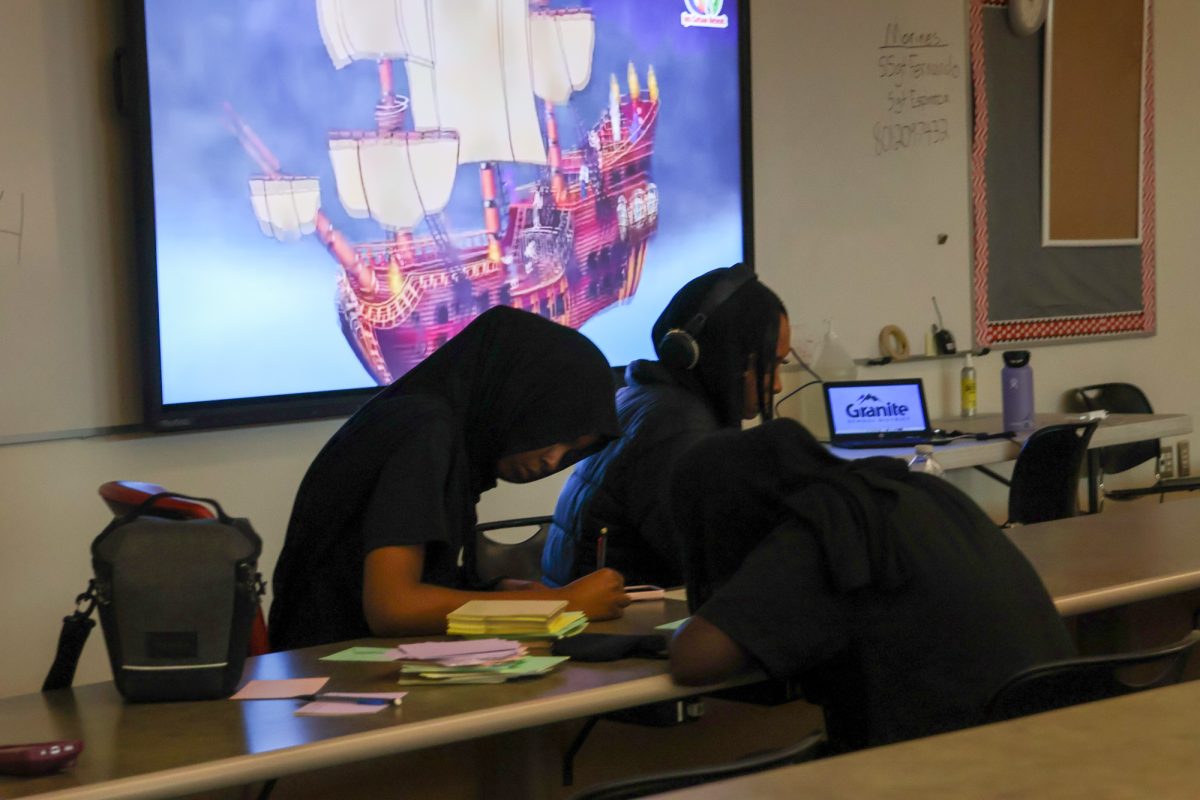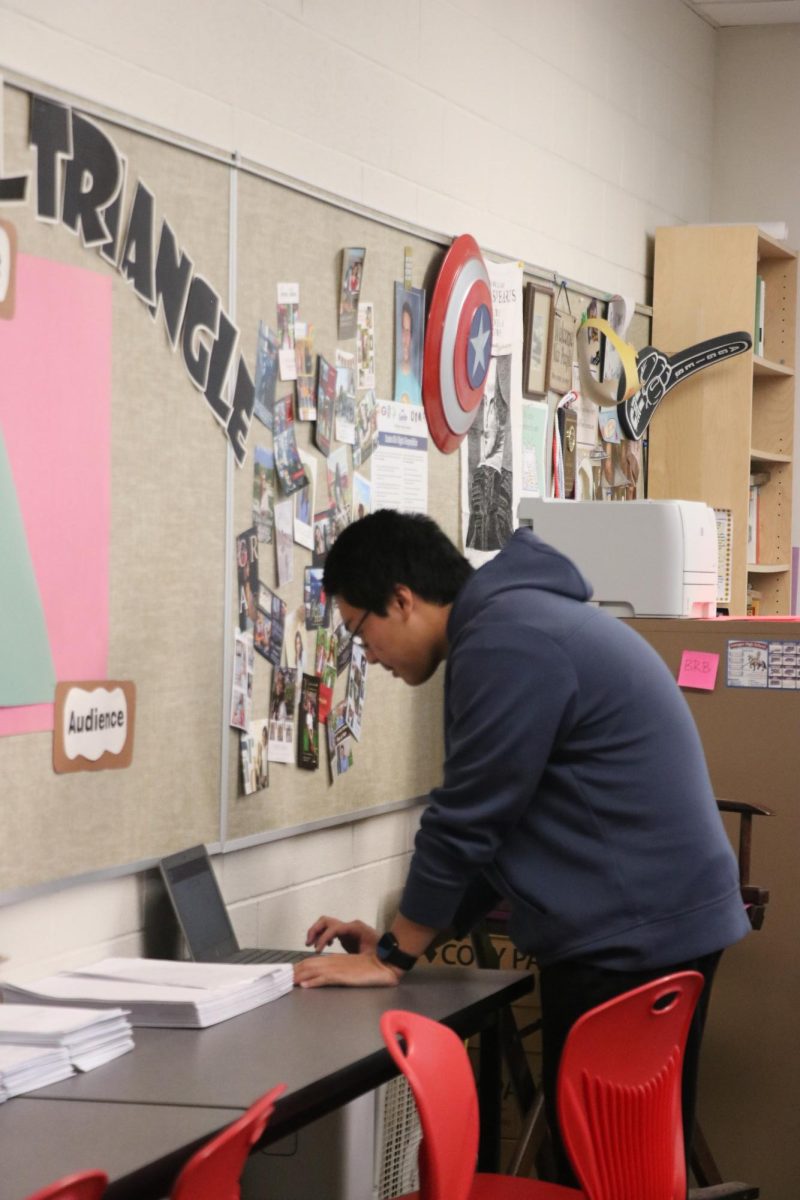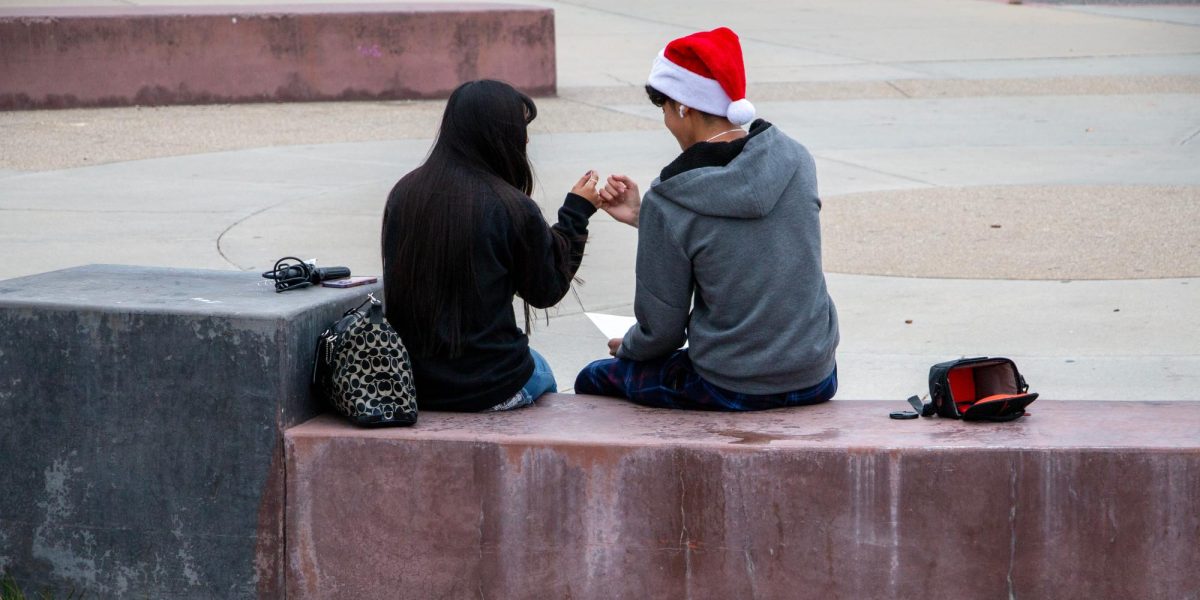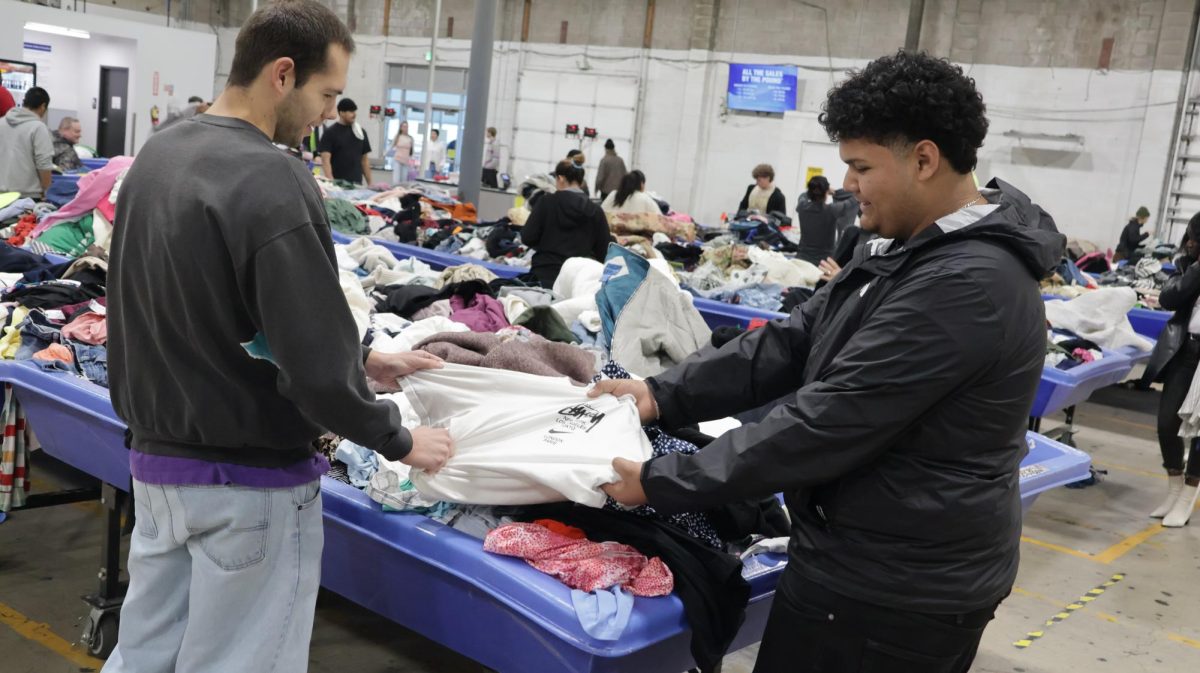CREDIT recovery is a huge thing at Granger High School, especially after many students have been falling behind for the last couple of years. Credit recovery is an alternative way for students to earn credits they may not have earned due to failing classes.
Credit recovery is also another choice for students that do not want to go to summer school.
Students are only able to get two recovery packets at one time; until they finish them, students can’t get more. There is no limit on how many packets students can take; the only due date is the last month of the students’ senior year. There are about 60 different packets; some are electives, but most are non-elective packets, and only students that failed a class can take packets.
Depending on the packet, it can contain as many as 50 pages. In some packets, at the very end, students are required to write an essay about the stuff they learned. Along with all packets there is a QR code on the front of the page which helps to explain the materials in the packet.
Lancers are also able to receive help from Mr. Bernard any time after school. Students are required to complete all pages in the packets, before being able to take the test. After completing the packet, students will take a test which can take up to an hour. Mr. Bernard gives students time to prep before taking it. There are only two opportunities to take the test. If students don’t pass either attempt, they won’t receive any credit.
Mr. Bernard says packets are a good opportunity for students that need to get caught up in classes. “Packets are OK, I don’t hate them due to the packets being able to help some students catch up,” Mr. Bernard said.
He says that the packets help make up credit, but if the student works hard, they will also gain knowledge and understand the concept.
Mr. Dain says that students’ first choice wasn’t to rely on packets. He says students should try attending class instead of turning to packets as a quick fix. He would prefer that packets be used to help students understand material they don’t grasp, rather than as the primary method for earning credit.
Mr. Dain says that many students choose packets because they think it’s a shortcut, but it isn’t. He says students perform better when they attend class and are taught by a teacher, rather than trying to learn independently through packets. He says students who use packets are not on the same level as those who earn a D-grade in class.
Mr. Eccleston says the value of packets for helping students earn credit. However, he says that the materials in packets differ from those in regular classes, and some students may abuse the system to earn credit without truly engaging with the content. He says there should be a limit on how many packets students can take so they are encouraged to attend class and not rely on packets as a crutch.
He says that some students are far from graduating and that packets might be their only option, which is why he is conflicted about them. While he says that packets can be a pathway to graduation, he doesn’t believe they offer the same learning experience as being in the classroom.
Mr. Eccleston would prefer that students take online courses instead of credit recovery. He says online courses would provide students with more meaningful learning experiences. He’s heard mixed feedback from students about packets, with some saying the tests are easy and others finding them difficult.









